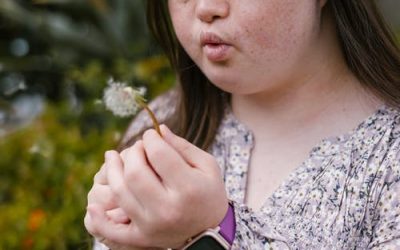Main ideas
Mental health wellbeing has gained visibility in recent years. Nevertheless, not all the support techniques applicable are equally visible. Art therapy is gaining ground and for this reason the different contexts where it can be applied need to be highlighted.
As a therapeutic methodology, art therapy has positive outcomes at a personal, social, and developmental level as it is a therapy that works the individual holistically.
Although there are a large number of coexisting psychological therapies, the approach taken by the professional may include one or a mixture of different psychological techniques, aimed at the cognitive, affective and behavioural needs of the patient. There is not one technique that is better than all the rest as each of them is oriented to tackle patients’ needs from different perspectives.
Overall, supporting creativity and the creative process has been proven to support both the individual and their societal development. Creative individuals are more aware, and ready to tackle the diverse and complex problems our society faces on a daily basis.
Learning Outcomes
On successful completion of this Learning Unit, the participants will be able to:
- Determine and compile specific relevant applications of art therapy.
- Identify, illustrate, and monitor positive personal, social, and developmental outcomes related to art therapy interventions.
- Compare art therapy interventions to other therapeutic approaches, focusing on the process and outcomes.
- Make recommendations on leveraging the creative process to promote personal and social development
- Lectures 6
- Quizzes 1
- Duration 10 weeks
- Skill level All levels
- Language English
- Students 3
- Assessments Yes






